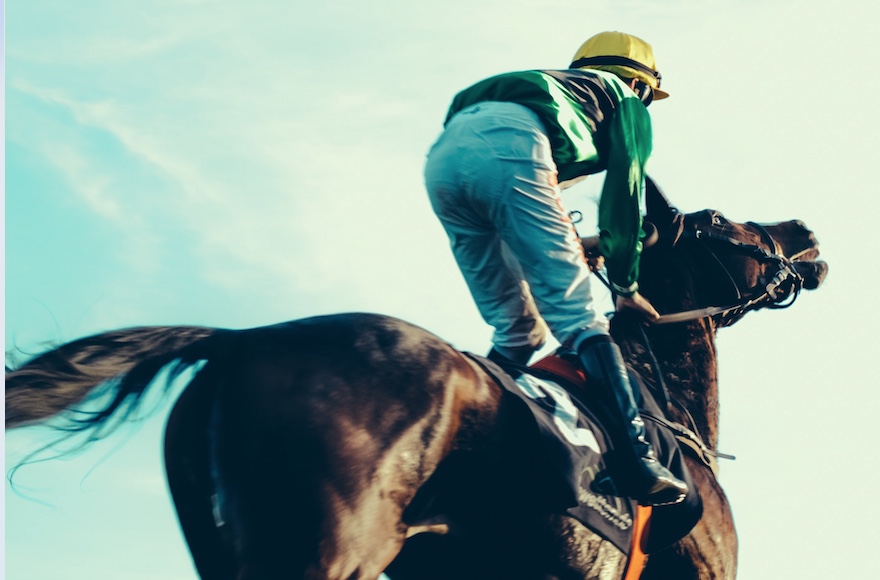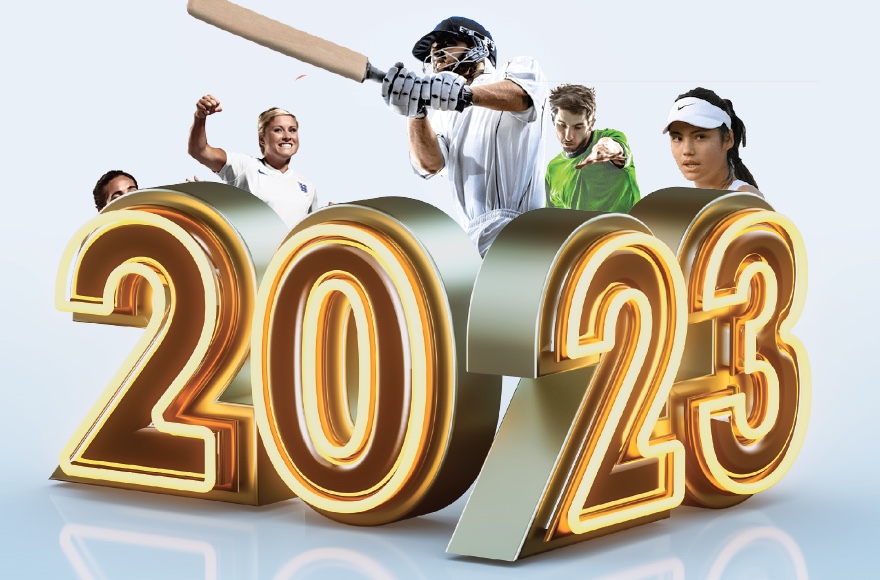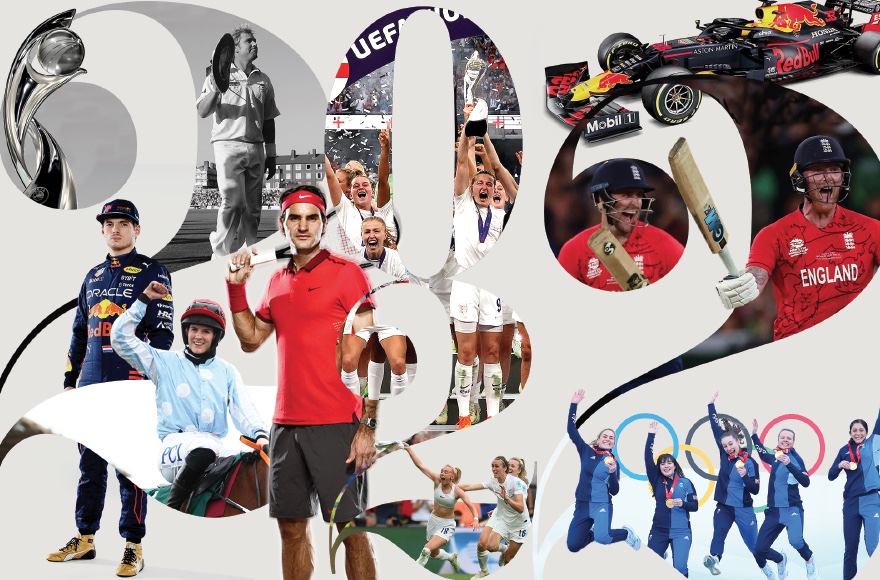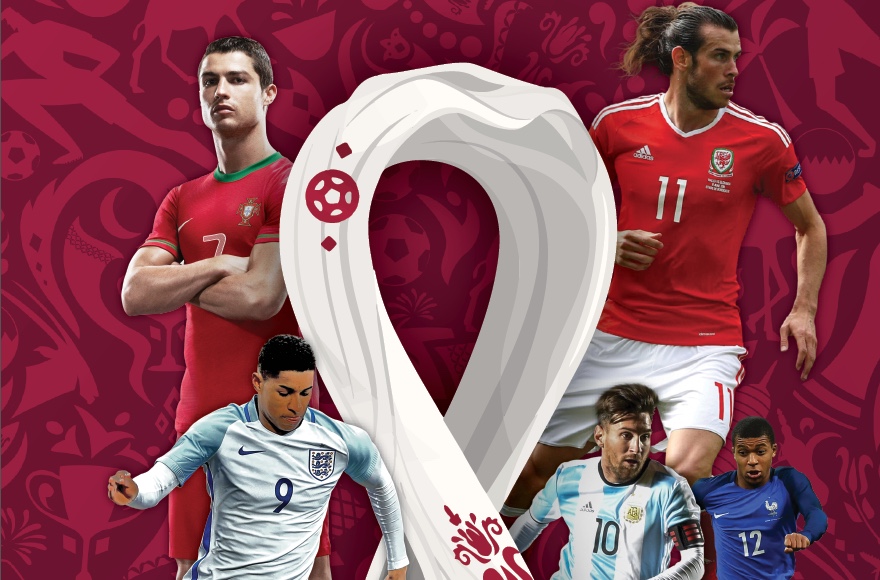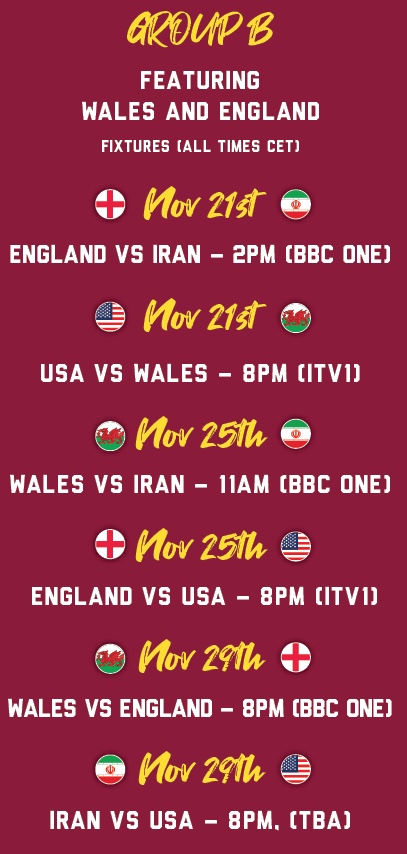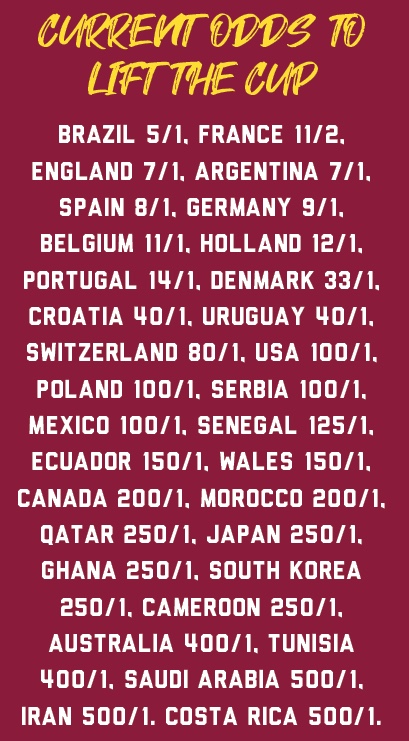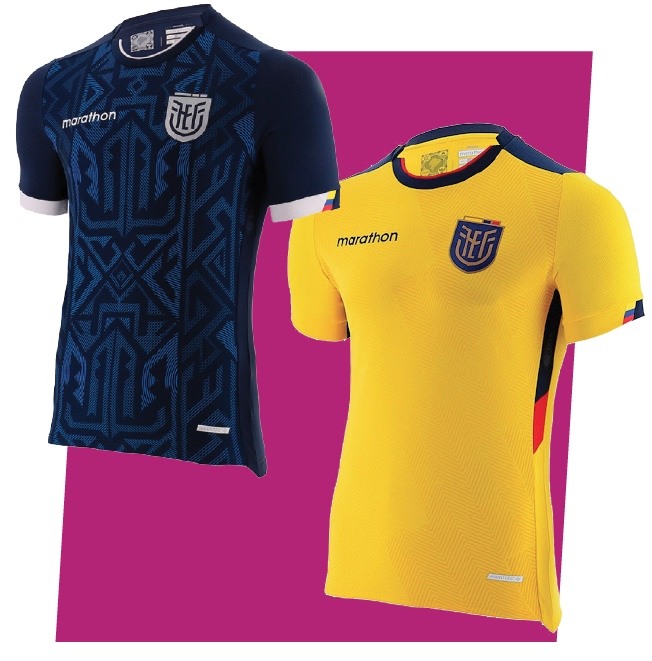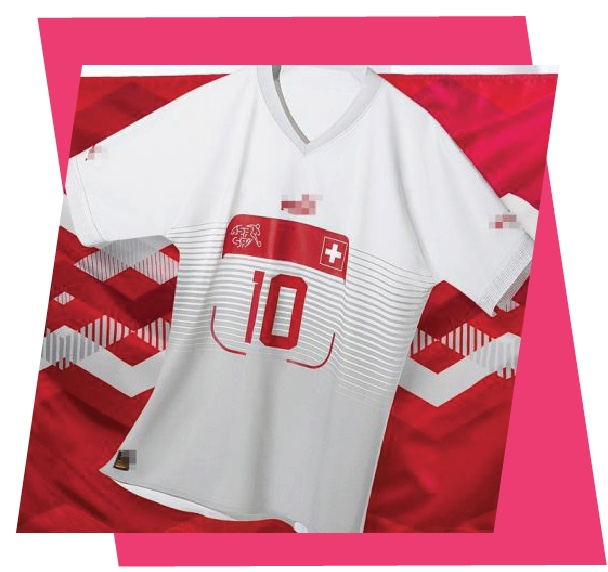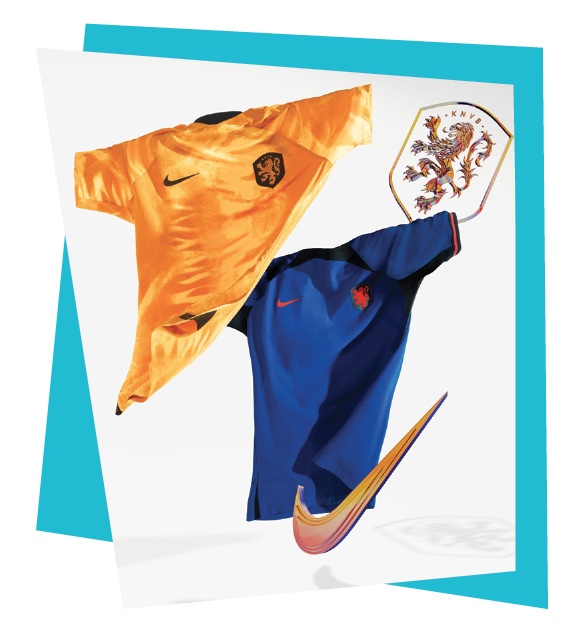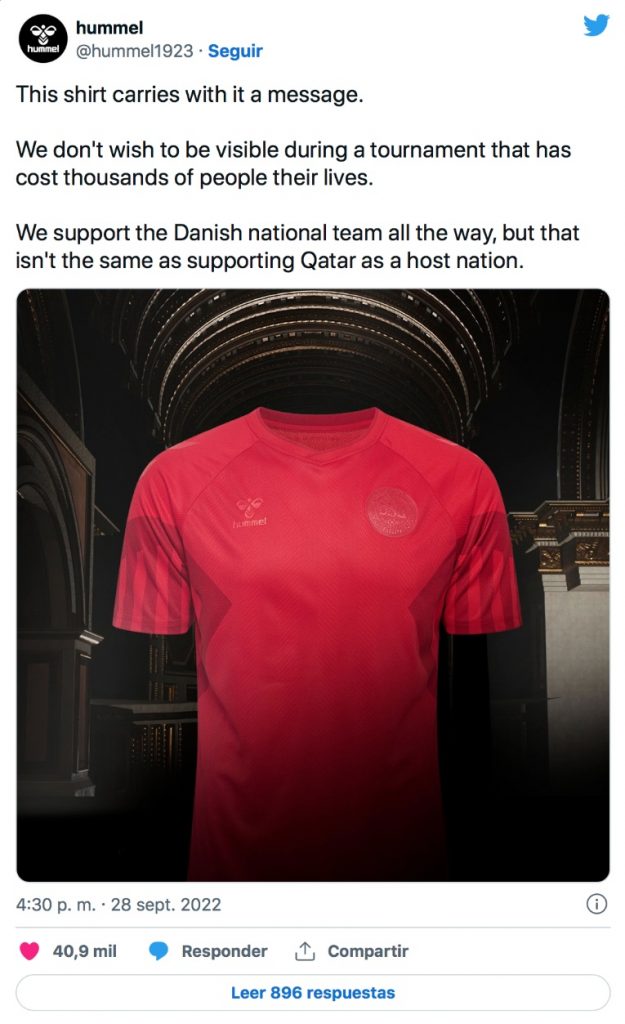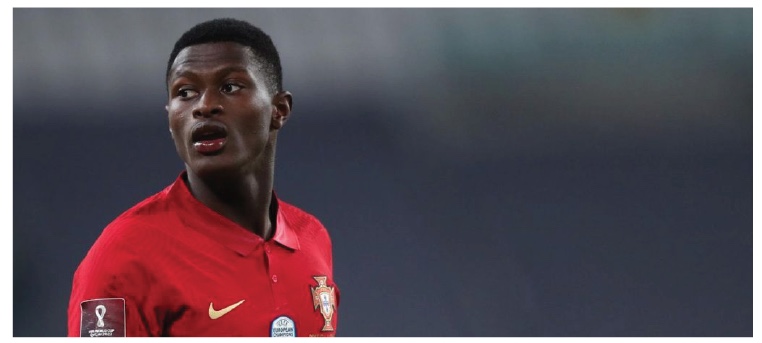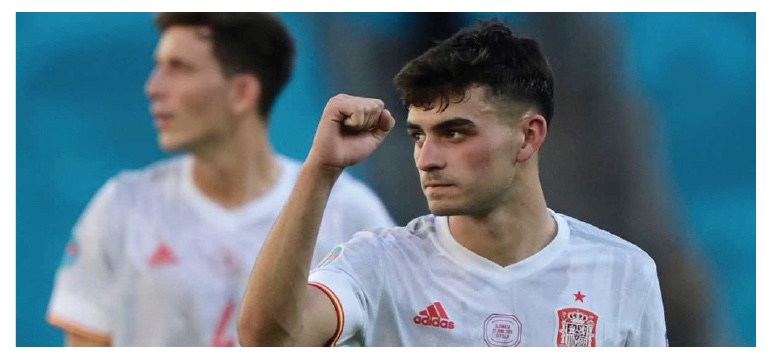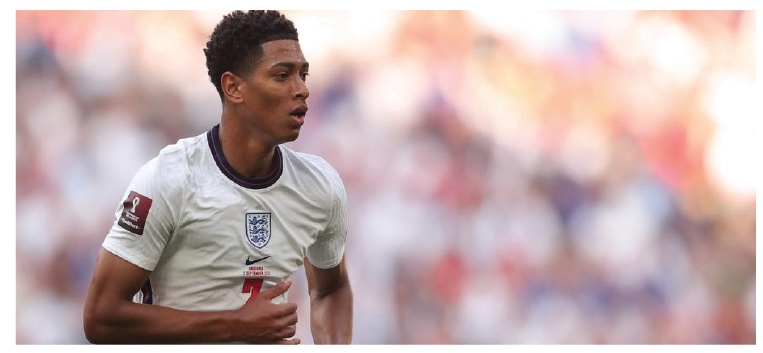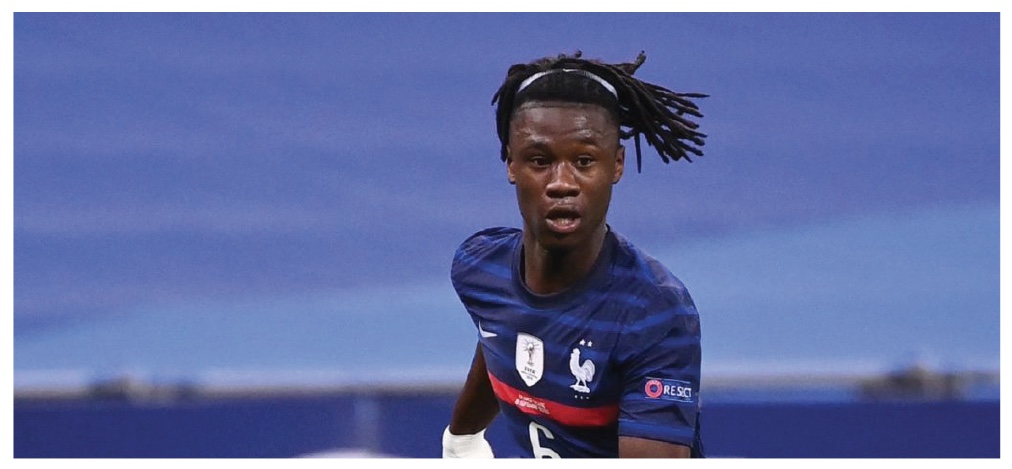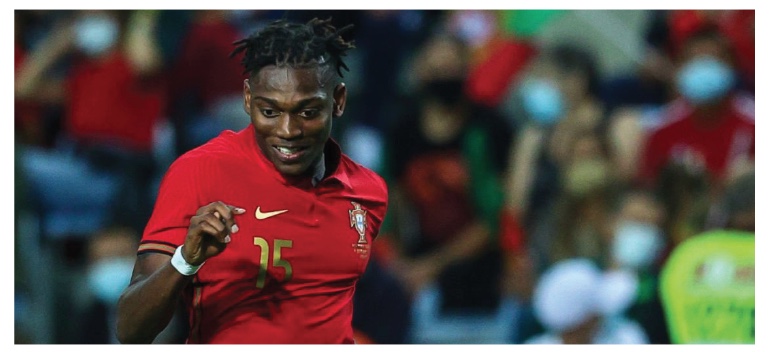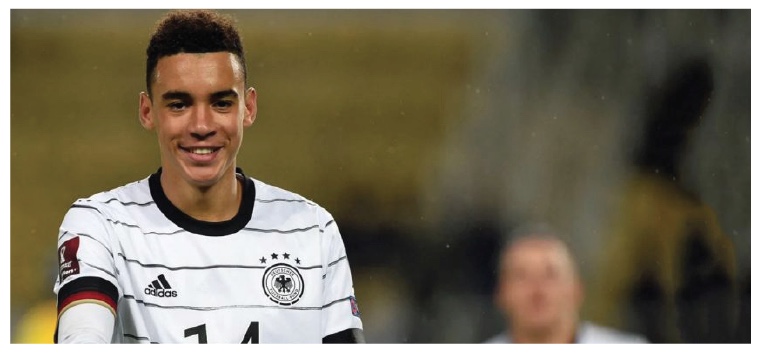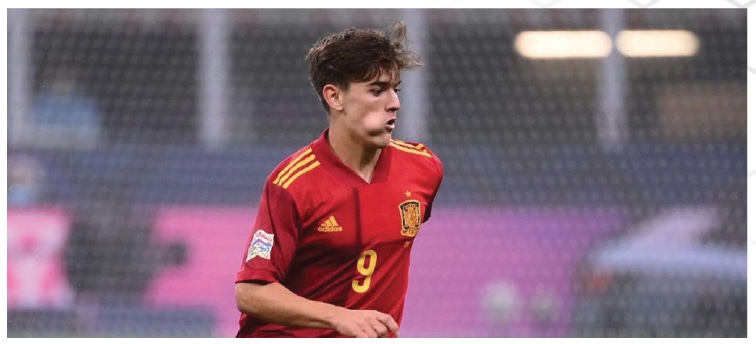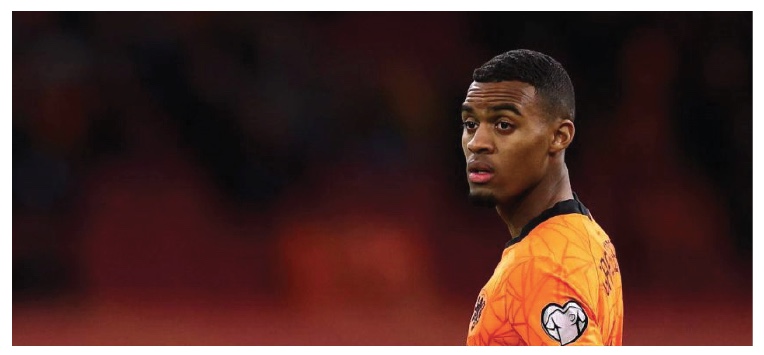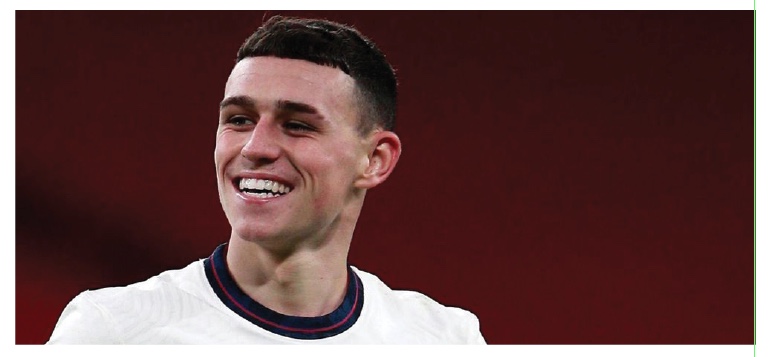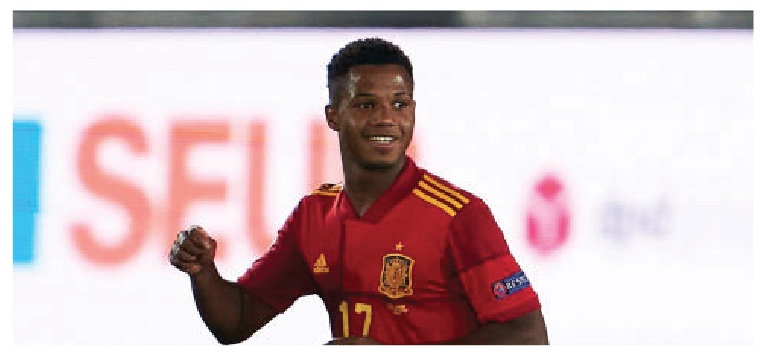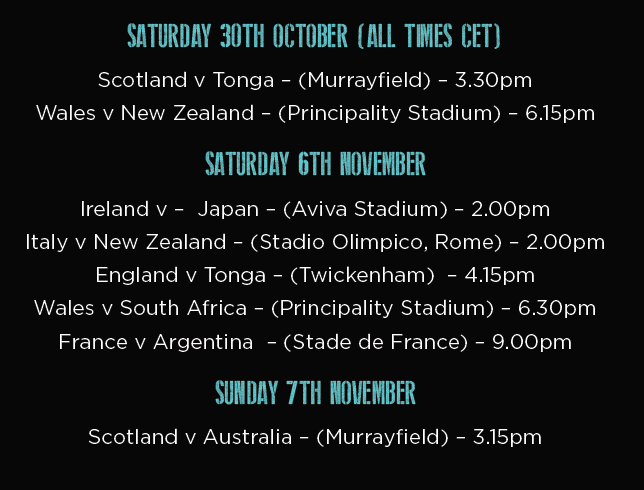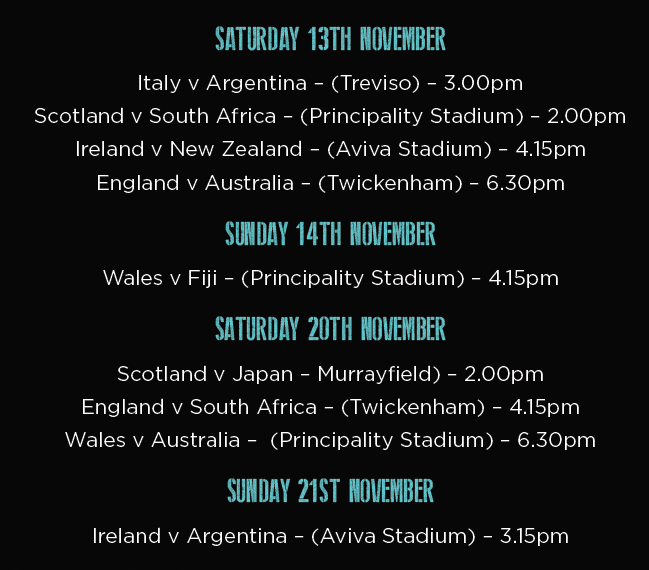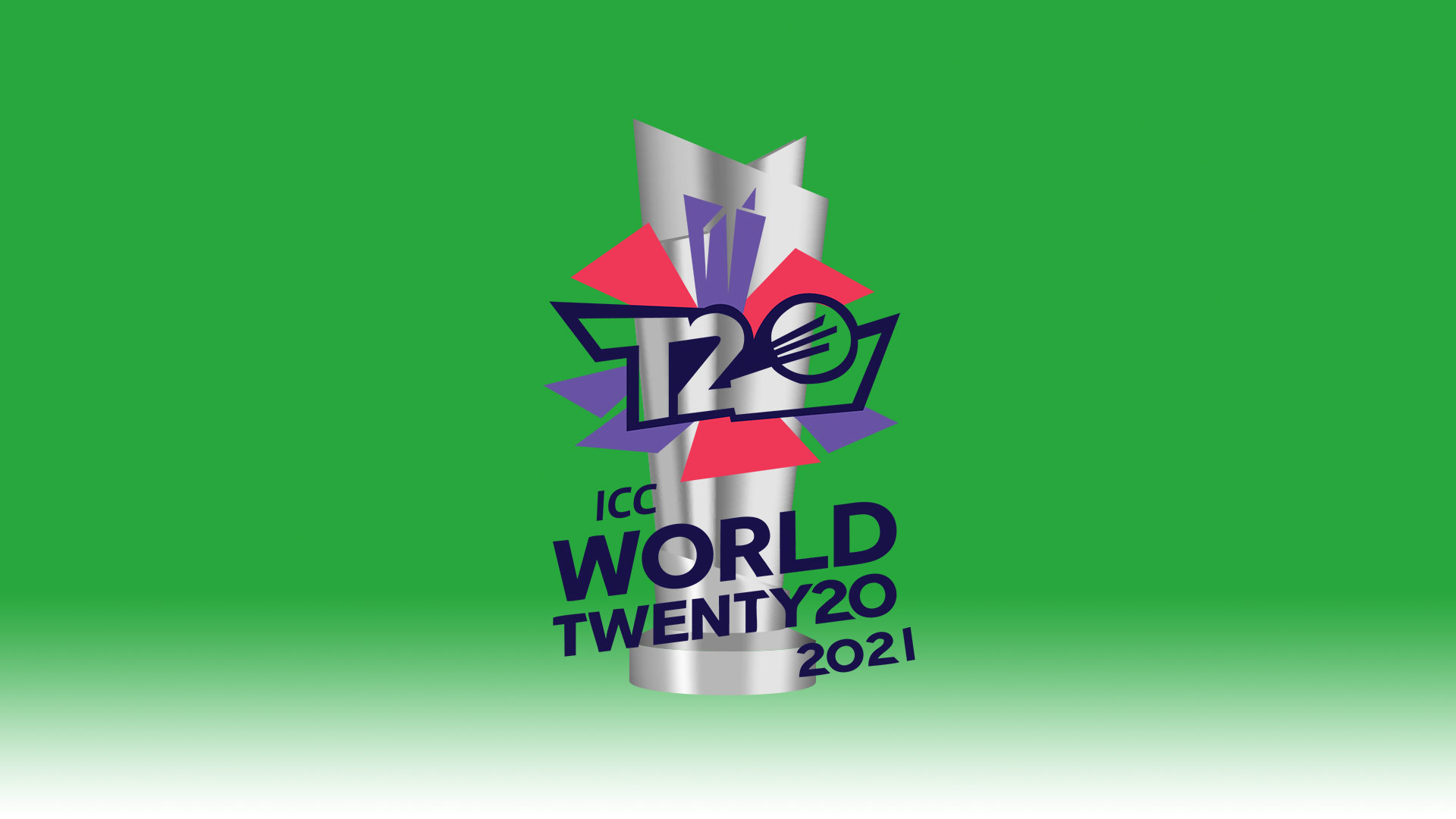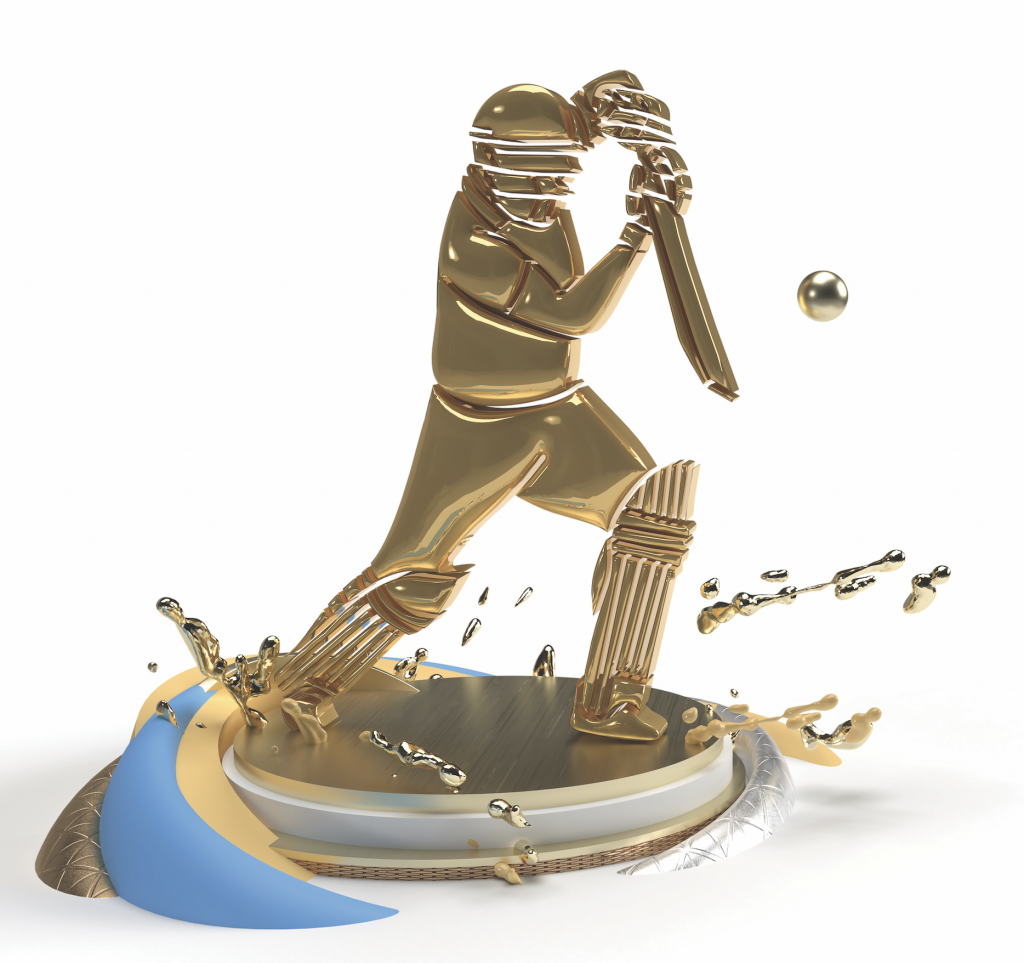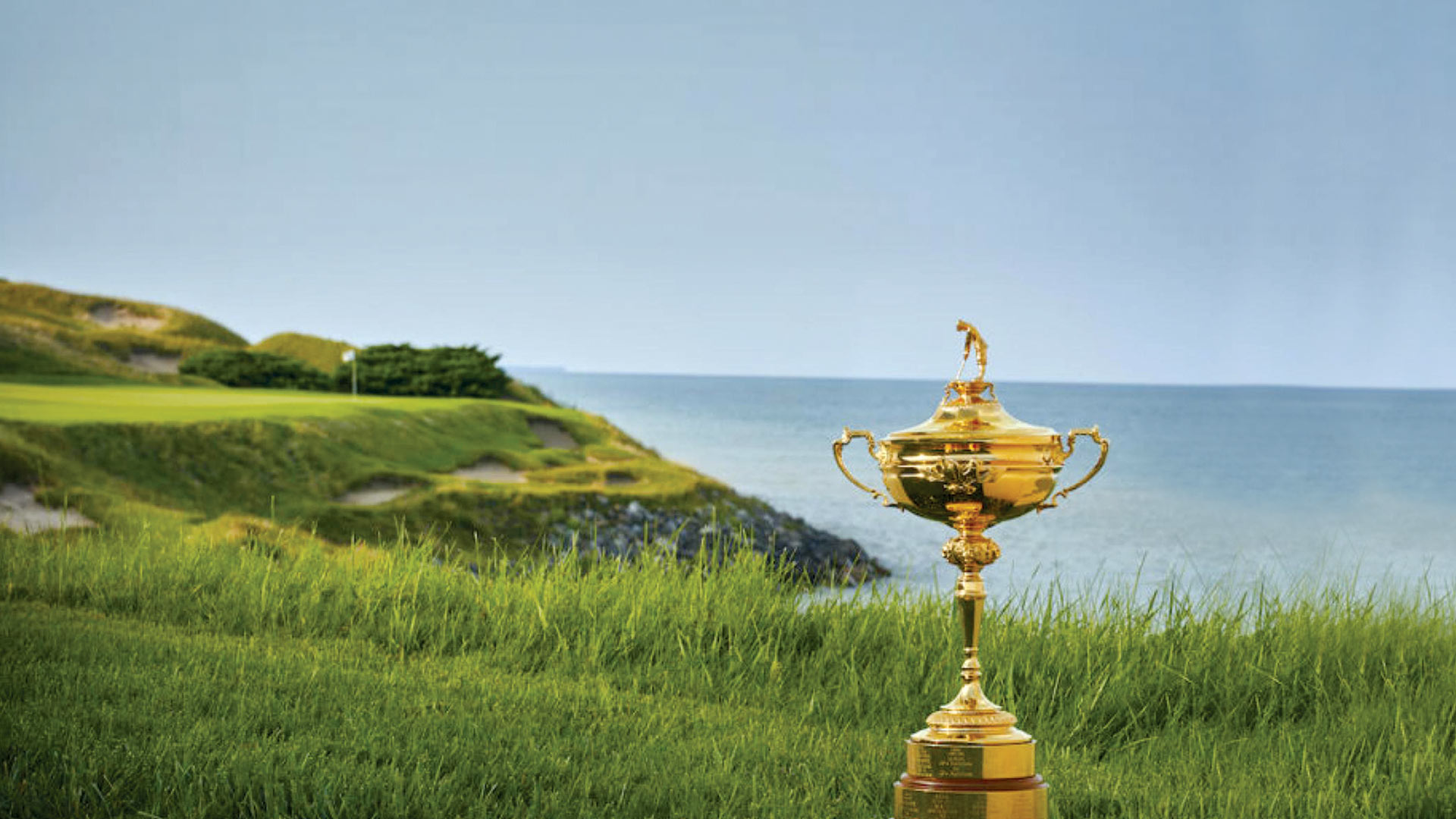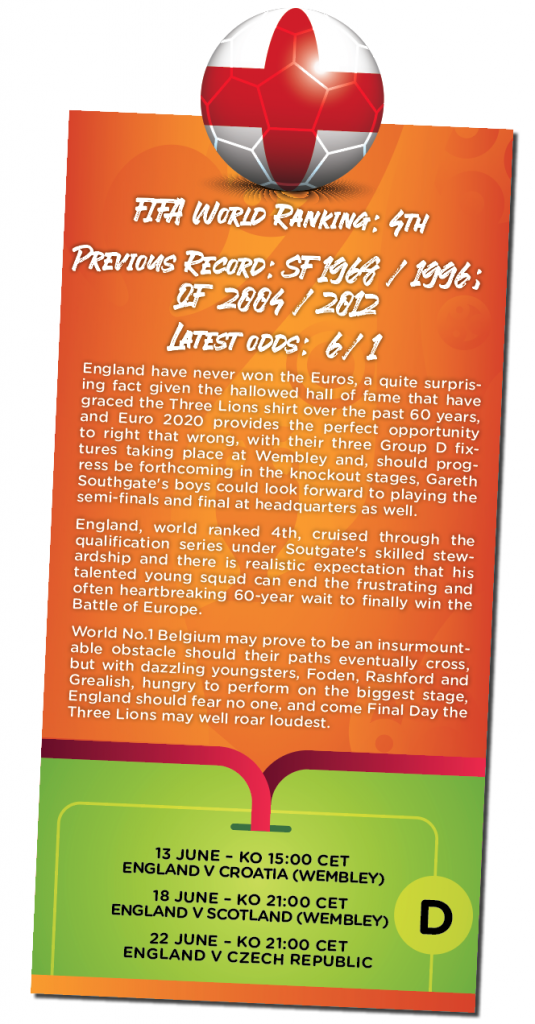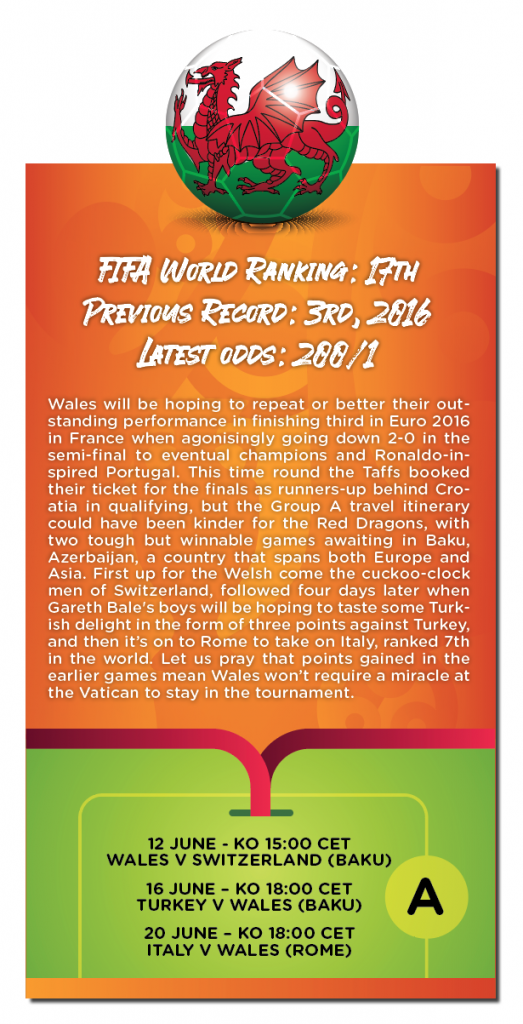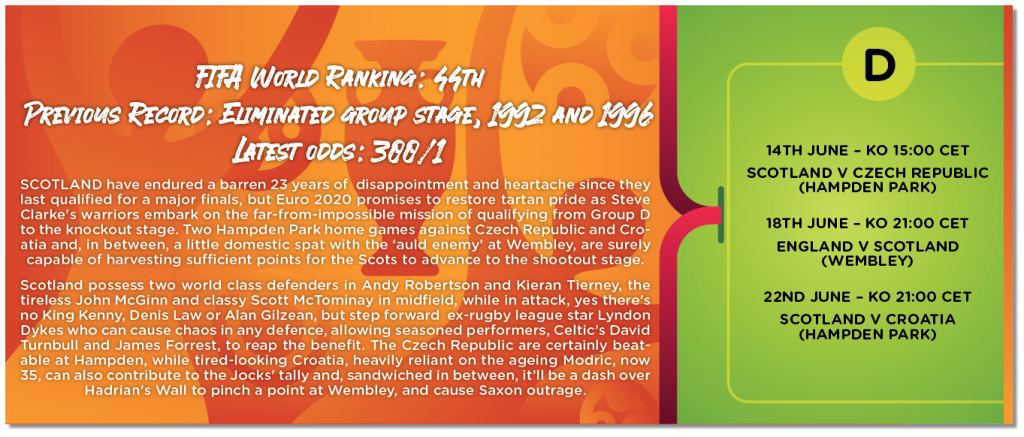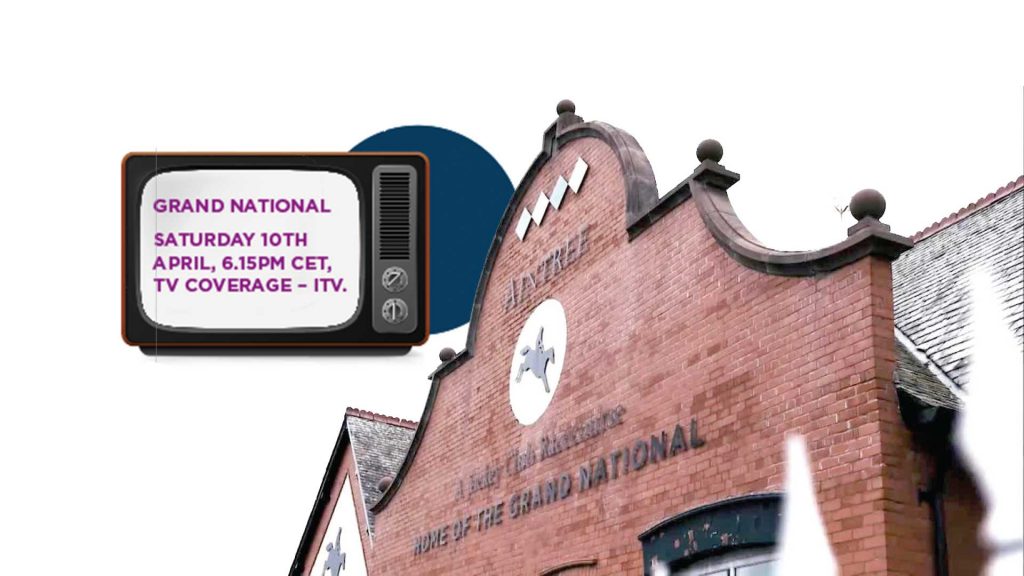Cheltenham Festival
COUNTDOWN to the Cheltenham National Hunt Festival is but a few dawns away, with the starter’s flag soon to be raised on the world’s most eagerly anticipated race meeting – four days of jumping paradise that takes place annually deep in the Cotswolds, when the best steeplechasers that Britain can field seek to repel the increasingly powerful Celtic challenge crossing the Irish Sea, an invasion that in recent times has simply annihilated local resistance, as evidenced a year ago when the final race of the meeting was run and the totting up done, the score in the Prestbury Cup challenge between UK and Ireland trainers was a thundering 18-10 triumph to the Emerald Isle, a tally just a tad more respectable than the 23-5 “greenwash” of the previous year.
From Aberdeen to Penzance, Belfast to Tipperary, Cardiff to the Isle of Man, they will travel in the tens of thousands, rail strikes or not, impatient, straining at the leash, destination Cheltenham, the charming spa town nestling at the foot of Cleeve Hill that annually hosts the world’s most spectacular National Hunt festival – four days of pure punting pleasure, long in anticipation, have finally arrived, starting on Tuesday 14th and ending on St Patrick’s Day, Friday 17th.
Cheltenham prides itself on the reputation the town has built up over decades for Race Week, but that goodwill is under strain this year as racegoers face eye-watering accommodation charges, with hotels shamefully hiking prices for Festival week by a whopping 500percent. And on-course costs have soared as well, with the price of a pint of Guinness rocketing to £7.50. There were north of 300,000 pints of the black stuff reportedly sold at last year’s meeting – do the maths, that’s truly a tidy total sum indeed. No such accommodation costs for yours truly, as my wonderful and very generous big sister Maureen every year welcomes me into her house, which actually overlooks the racecourse – how lucky am I!
I have picked out six of the 28 races over the festival’s four days in which I will be waging war with the bookies, and these are my thoughts should any of you dear readers want to follow me in.
The Arkle Challenge Cup
(Tuesday, 14th, 2.10 GMT)
Named after Arkle, indisputably the greatest steeplechaser of all time, this first championship race showcases the emerging talents of the top novices within the British Isles and has been won by some of the greats on their road to superstardom, hallowed names such as Moscow Flyer and Sprinter Sacre. Nothing of that calibre line up this year, but JONBON, trained by Nicky Henderson and owned by legendary Irish punter JP McManus will be burdened with my grubby tenner to score for the home team.
CHAMPION HURDLE
(Tuesday 14th, 3.30 GMT)
Barring accidents or a possible lightning strike from one of the UFOs reportedly circling the globe, the second championship race of the festival will be won by CONSTITUTION HILL, the exciting English-trained youngster who some of the more excitable racing press journos have been attributing Pegasus-like qualities to, will further lift local gloom and undoubtedly be crowned Champion Hurdler, with Irish challenger State Man following the selection home but at some distance.
The Mares’ Hurdle
(Tuesday 14th, 4.10 GMT)
Honeysuckle, one of my all-time favourite racehorses and winner of 16 of her 18 top grade races, had to be included in my six festival picks as this will be her final performance, with age appearing to catch up with the lovely lady recently and win or lose Honeysuckle will be off for a date to mate with a top class stallion afterwards. Should “Honey” sign off as a winner on the course where she has won three Grade Ones, including two Champion Hurdles, there won’t be a dry eye at the festival, most certainly including my own.
The Queen Mother Champion Chase
(Wednesday 15th , 3.30 GMT)
Prior to his last outing ENERGUMENE looked to be banker material to retain the festival’s third Championship race, the Queen Mother Champion Chase he won so decisively last year, but doubts have now crept in following a poor performance last time out when finishing only third at odds-on. However, I’m willing to give the exciting Irish flying machine another chance to redeem his previously sky-high reputation and resume winning ways.
The Stayers Hurdle
(Thursday 16th , 3.30 GMT)
Beloved by the racing public as they become increasingly familiar with and attached to the runners as the same horses keep turning up year after year – none more so than defending champion FLOORING PORTER, who is attempting to win the race for the third time in a row. Trained in Ireland by Gavin Cromwell (tricky surname for an Irishman), I’m very hopeful of FP once again flooring the opposition up the punishing Cheltenham hill and achieving the hat-trick.
The Cheltenham Gold Cup
(Friday 17th, 3.30 GMT)
The Gold Cup, Cheltenham’s blue-riband event and the ultimate steeplechasing prize, appears destined to once more cross the Irish Sea, according to most experts anyway, who the majority of whom are suggesting that hotpot Galopin Des Champs has only got to turn up to claim the crown, but, bravely or more likely foolhardily, I’m looking to English-trained BRAVEMANSGAME to cause the upset and spoil St Patrick’s Day revelries.
The Cheltenham Festival is far and away the highlight of my racing year, and having a small flutter adds bigtime to the experience, so may I suggest that the above six selections be placed in a multiple wager called a Heinz, (57 bets in total, hence the name). At 10p a bet the outlay comes to just £5.70, a modest sum that will add interest over all four glorious Festival days. Good luck whatever you back, bash the bookies and celebrate in the sun with cider in Casemates. Cheers, I’ll drink to that!

